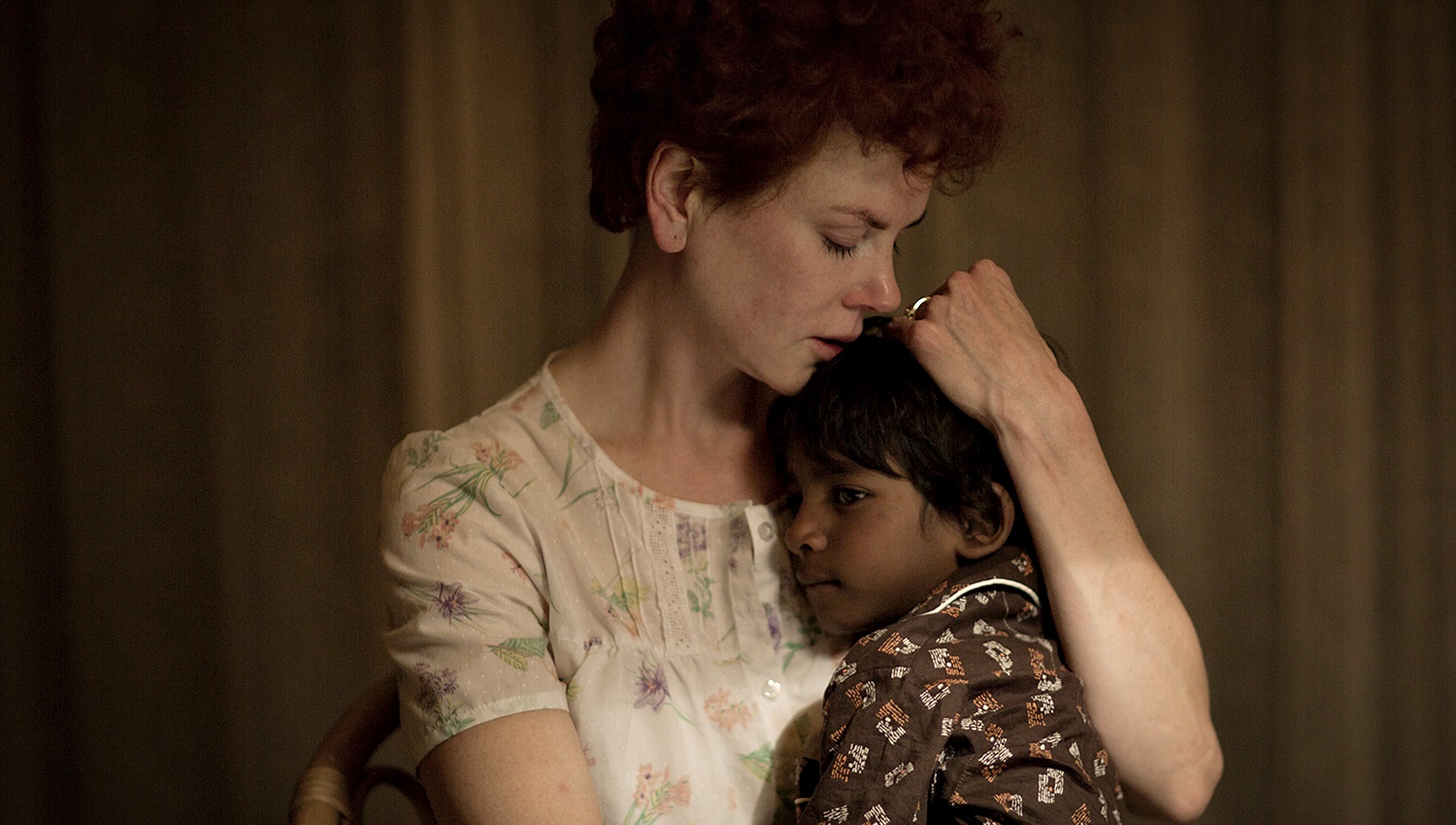
Lion
Dustin Chase
Producer Harvey Weinstein knew he had something good back at the 2015 Cannes film festival, where he showed raw footage of Lion to select journalists. When Garth Davis’ directorial debut made its big splash at the Toronto Film Festival in September, macho male journalists even admitted they were moved to tears by the compelling true story. Patel (Slumdog Millionaire, The Best Exotic Marigold Hotel) was quoted as saying this was the best script he ever read. Lion is unusual in how it’s told, there is more musical score than there is dialogue. The imagery combined with Volker Bertelmann and Dustin O’Halloran’s breathtaking music is often what encourages the waterworks. Lion will be a curious awards contender as it relies more on the power of the story than the performance of the actors.
When he was five years old, Saroo (Pawar) and his older brother Guddu (Abhishek Bharate) took a train from their tiny little slum village in North India, seeking work so they could buy food. No father, their mother worked carrying rocks to feed her three children. Guddu was not only Saroo’s brother and best friend, but his guardian. “Stay here. I’ll be right back,” he tells a sleepy Saroo on a train platform bench. Saroo wakes up hours later calling for his brother. Eventually he gets on another train, falls asleep again and wakes up hundreds of miles away in a different region. For months he lives on the street, until he is finally sent to an adoption agency. He goes to live with Sue (Kidman) and John (Wenham) in Australia. 25 years later, haunted daily by images of his brother and mother, Saroo (Patel) starts using Google Earth to try and remember anything about his real home.
Beautiful exercise in visual storytelling, showcasing emotionally effective elements to touch the viewer.
“One day you will tell me all about it. I will always listen,” Sue Brierley says to her new son who doesn’t yet know English. Lion isn’t simply about a lost and found boy trying to find his way back to his origins. It explores the selfishness of parents wanting their own children while millions of orphans need adoption. It’s also a beautiful exercise in visual storytelling, showcasing emotionally effective elements to touch the viewer. The impact of O’Halloran (TVs’ Transparent) tender and powerful piano work combined with the experimental composition from Bertelmann, sets the sound of Lion apart from anything I’ve heard this year. Zero Dark Thirty cinematographer Greig Fraser’s phenomenal camera work in India and Australia is captivating even from the opening credits.
The effective use of flashback never allows the viewer to forget the desperate faces of both children. Newcomer Pawar is this years’ Jacob Tremblay discovery. The films climax didn’t hit me as hard as I expected, rather the small intimate moments scattered throughout, that I found the most moving. “We weren’t blank pages. You weren’t just adopting us, but our past,” Saroo explains. Kidman has the most impactful performance, and does it with limited screen time. Similar to Brooklyn last year, Lion delivers a jolt of cinematic heartbreak, never quite playing out the way you might expect.
Final Thought
Gracefully embraces emotional perseverance, delivering one of the most indelible cinematic experiences of the year.
